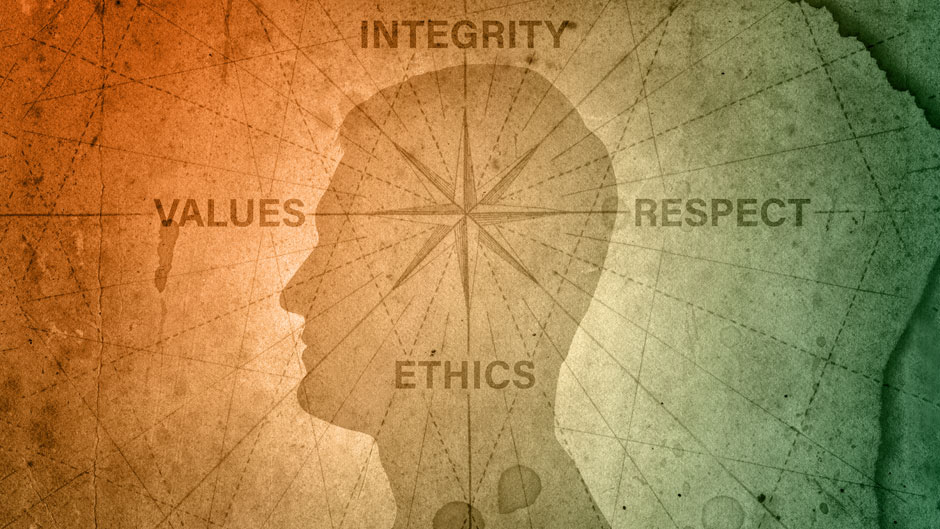At a time in which our society is politically polarized and divided about a myriad of issues concerning governance, immigration, and national identity, some would argue the need for convincing moral knowledge and widely accepted understandings of decency and the common good has seldom been greater.
Can science shed some light on how we could become more whole as a society?
Blaine Fowers, professor of educational and psychological studies in the University of Miami School of Education and Human Development, believes science can. For the past 35 years, he has been integrating moral questions into his work in psychology and he has spoken with dozens of like-minded academics.
He started a group to share ideas and research under the umbrella of the Moral Science Network. The group has about 120 members from different universities and colleges around the world and more people show interest every day, said Fowers.
“What has gotten lost in our society is a common vision or purpose,” said Fowers. “That is a very dangerous thing for democratic societies. What we need is for people to realize that there is something we all share and that we can work for, and science can help us see and enhance that common ground.”
On Tuesday, April 16, Fowers will host the first of its kind “Moral Science Symposium,” to be held at the Shalala Student Center. The event is sponsored by the UM Ethics Programs, the School of Education and Human Development, the Office of Research, and the Department of Educational and Psychological Studies.
The forum will initiate a dialogue about how science can play a role in addressing moral questions in science and society. UM President Julio Frenk will welcome the audience.
Fowers said that most scientists leave morality to personal choice, philosophy, or religion, but others have been systematically studying human morality with fascinating results.
This symposium will explore questions such as, “What does it mean to study morality scientifically?” and “What roles does morality play in science?”
The goal of the symposium is to explore the possibilities for an interdisciplinary moral science that can explain the fragmented state of contemporary morality and offer promising remedies to contemporary confusion and discord.
Kenneth W. Goodman, professor and director of the Miller School of Medicine Institute for Bioethics and Health Policy and director of the World Health Organization Collaborating Centre in Ethics and Global Health Policy, will present during the conference. He believes there is a way to integrate morality into the science world.
“Contrary to popular belief, what makes something right or wrong is not determined by custom, culture, or holding hands in a circle and getting in touch with our feelings,” said Goodman. “There is increasing evidence that humans have evolved in such a way as to promote certain values. ‘Moral science’ is an innovative and increasingly rigorous way to identify those values, and their hierarchy.”

